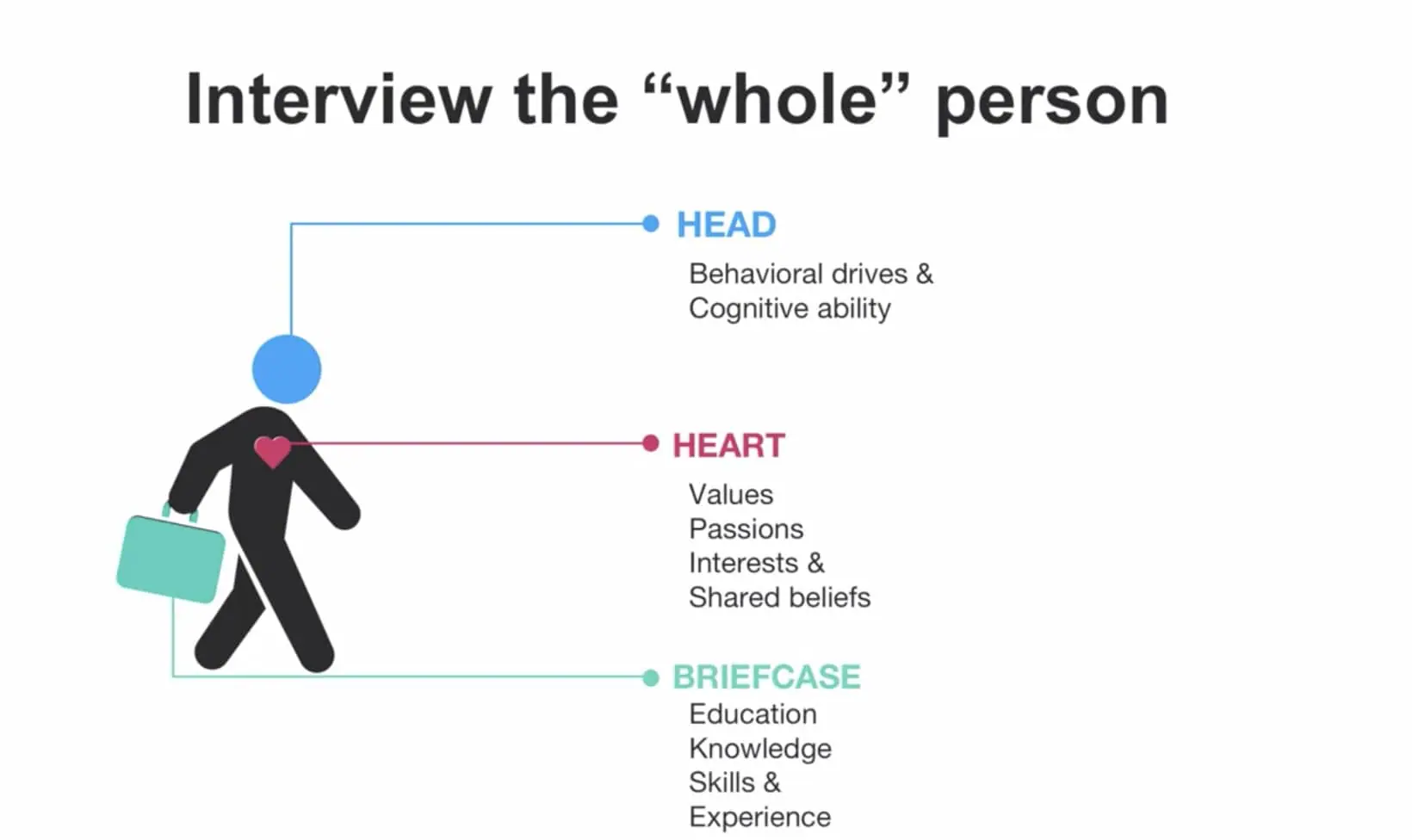4 min read
Hiring the Whole Person - the Head, Heart, & Briefcase
Hiring the Whole person - Using the Head, Heart, and Briefcase methodology in the Recruitment Process. Recruiting the right candidate for a position...
2 min read
Damon Clark : Oct 10, 2023 9:30:00 AM

These individuals bridge top leadership and the workforce, and their role is often underappreciated. In this blog, we will explore the importance of supporting middle managers and its benefits to any organization.
Implementing Strategy
Middle managers are instrumental in turning strategic plans into practical actions. They take the high-level objectives set by senior leadership and break them down into specific tasks and goals for their teams. Without effective middle managers, an organization's strategy may remain a lofty vision without execution. By supporting these managers, a company ensures that its strategic goals are aspirational and attainable.
Leadership Development
Middle managers are the training ground for future leaders. Investing in their development and providing growth opportunities can lead to a pipeline of talented leaders within the organization. When middle managers feel supported, they are more likely to invest in developing their own leadership skills and nurturing the talents of their team members. This, in turn, fosters a culture of leadership development that benefits the entire company.
Employee Engagement
Middle managers have a significant influence on employee morale and engagement. They are the ones who interact most directly with front-line employees, providing guidance, feedback, and support. When well-equipped and motivated middle managers can inspire their teams, boost employee satisfaction, and contribute to a positive workplace culture. Conversely, unsupportive middle managers can lead to disengagement and high turnover rates.
Problem-Solving
In any organization, challenges and conflicts are inevitable. Middle managers play a crucial role in resolving these issues at the departmental level. They need the support of senior leadership to make difficult decisions, mediate conflicts, and address operational issues effectively. By supporting middle managers in their problem-solving endeavors, an organization can streamline its operations and maintain a healthy work environment.
Communication Flow
Effective communication is essential for the smooth functioning of any organization. Middle managers act as communication conduits, relaying information from top leadership to their teams and vice versa. When middle managers are well-informed and feel valued, they can ensure that messages are conveyed accurately and that concerns and feedback from the front lines are heard by senior leaders. This open communication flow is vital for organizational transparency and adaptability.
Adaptability and Innovation
In today's fast-paced business environment, organizations need to be adaptable and innovative. Middle managers are often the ones who can identify emerging trends, market shifts, and operational inefficiencies. By supporting middle managers and encouraging their input, companies can tap into a valuable source of innovative ideas and ensure they remain competitive in their industry.
Conclusion
Middle managers are the unsung heroes of the corporate world, playing a critical role in translating strategy into action, developing future leaders, engaging employees, solving problems, facilitating communication, and driving innovation. Organizations that recognize the importance of supporting their middle managers are more likely to thrive in a rapidly changing business landscape. Investing in the growth and well-being of middle managers is not just an option; it's a strategic imperative that can lead to improved performance, employee satisfaction, and long-term success. It's time to give these vital professionals the recognition and support they deserve.

4 min read
Hiring the Whole person - Using the Head, Heart, and Briefcase methodology in the Recruitment Process. Recruiting the right candidate for a position...

Maximizing Efficiency: The Strategic Impact of API Integrations Between Applicant Tracking Systems and the Predictive Index

In 1996, I left home and began a 4-year marketing degree, taking general business classes and majoring in marketing. Marketing classes included...